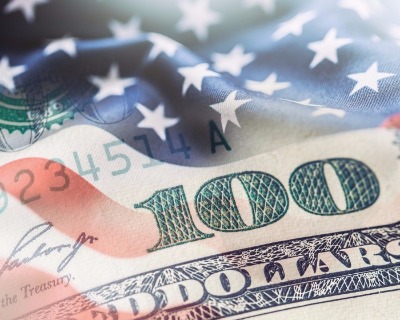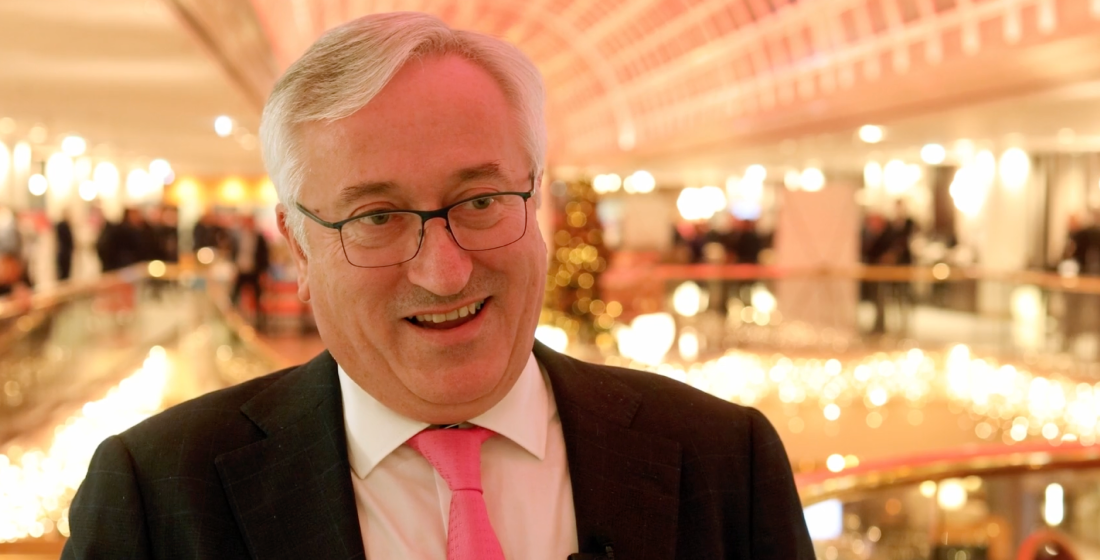US Ex-Im: Back with the big bucks?
Unable to approve transactions of more than $10 million for over a year now, the two Trump nominees for the new US Ex-Im quorum have sent a mixed message to the big-ticket market. Will it be business as usual again, or is potential Ex-Im president Garrett another disaster waiting to happen?

The White House nominations of Scott Garrett for US Ex-Im president and Spencer Bachus as a director, if ratified by the Senate, mean a quorum – the required number of directors necessary to pass transactions of $10-million plus – will finally be in place again. But President Trump’s nominations have sent mixed messages. Even with a quorum, a US Ex-Im led by Garrett may not be the big-ticket lender and supporter of major US exporters that it once was.
Garrett is a republican to the core and a founding member of Tea-Party aligned Freedom Caucus – a ‘smaller, more cohesive, more agile and more active’ group of conservative congressmen, as described by member, Jim Jordan. Garrett was elected to Congress in 2002, where he referred to Ex-Im as ‘a bank that embodies the corruption of the free enterprise system.’ He was also part of the congressional conservatives who won a temporary shutdown of the bank in 2015, freezing it for five months.
Congresswoman Maxine Waters, ranking member of the Committee on Financial Services, has already condemned Trump’s decision of nominating Garrett, urging senators “to support keeping America competitive [and] to reject giving license to Garrett to destroy Ex-Im from within.”
Waters also argued: “It’s clear to me that the damage the bank’s opponents have already done to American manufacturing is almost certain to get worse with Garrett in charge of setting the bank’s policies and agenda.”
The lack of certainty over Ex-Im's direction, and the big-ticket lending stasis of the past few years, has already spawned the loss of some high-profile staff. Michael Whalen, vice president of structured finance, left in May to become senior advisor to executive director Martin Klepper at the Build America Bureau (the USDOT entity responsible for transport infrastructure development projects): Whalen has since been replaced by Hala El-Mohandes, formerly a deputy vice president in the same Ex-Im division.
On the upside, Bachus and the two existing board directors – acting chairman and president Charles J. Hall and acting first vice president and vice chairman Scott Schloegel – are pro Ex-Im and pro-quorum.
Bachus supported Ex-Im’s reauthorization and is known in the house as a pragmatic moderate. He is one of the original founders of the Capital Purchase Program (CPP), which the US Treasury eventually adopted as the primary method to balance the banking system after the 2008 crash.
Hall was appointed to his current position in January 2017 by President Obama, prior to which he was Ex-Im’s executive vice president from November 2013. Before Ex-Im came knocking, Hall was an emerging markets corporate finance banker with JP Morgan for nine years, after which he became chief executive of Envirotrade Group, a Mauritius-incorporated group that funds sustainable rural development through the sale of carbon offset credits generated by projects in sub-Saharan Africa.
Hall is in favour of a fully functioning quorum, and has been frustrated by the bank’s regression over the past two years – as demonstrated by the fall in US Ex-Im authorized exports from $17 billion in 2015 to $5 billion in 2016.
Schloegel, like Hall, was appointed to his current role in January 2017 by President Obama, after more than 25 years of working at state and federal levels of government. He joined the Obama administration in January 2011, as Ex-Im’s senior vice president of congressional affairs, leading the agency to a three year re-authorization and getting six Ex-Im board members through Senate confirmation.
The trio should act as a bolster against any excess by Garrett who has been charged with reforming Ex-Im from within, although arguably there is little left for him to do given the bank’s 2015 charter included a range of reforms. Of those reforms the only ones still outstanding are those that require a quorum for implementation: the appointment of a chief ethics officer and chief risk officer and strengthening the authority of staff to approve applications for up to $25 million in export financing for small business working capital and insurance products.
Given President Trump's u-turn on Ex-Im policy – the bank, described by Trump as "excess baggage" during his election campaign, is now "a good thing" that "actually makes money" – it is also unclear how much real political support from the White House Garrett has. His nomination appears to be a sop to Trump’s anti-Ex-Im supporters, at the same time the President needs to keep the major US corporations on side given his promised cutting of corporation tax to 15% is widely regarded as undeliverable nonsense.
But even if Garrett proves less of a hindrance to Ex-Im than some fear, Trump’s ‘America First’ protectionist foreign policy will create major hurdles for US exporters, hurdles that Trump may be planning to overcome with Ex-Im cash. US Ex-Im may be almost back in the big-ticket business, but there is now a very real danger of the ECA becoming a discount cashpoint for the foreign trade policy failings of the Trump administration.





